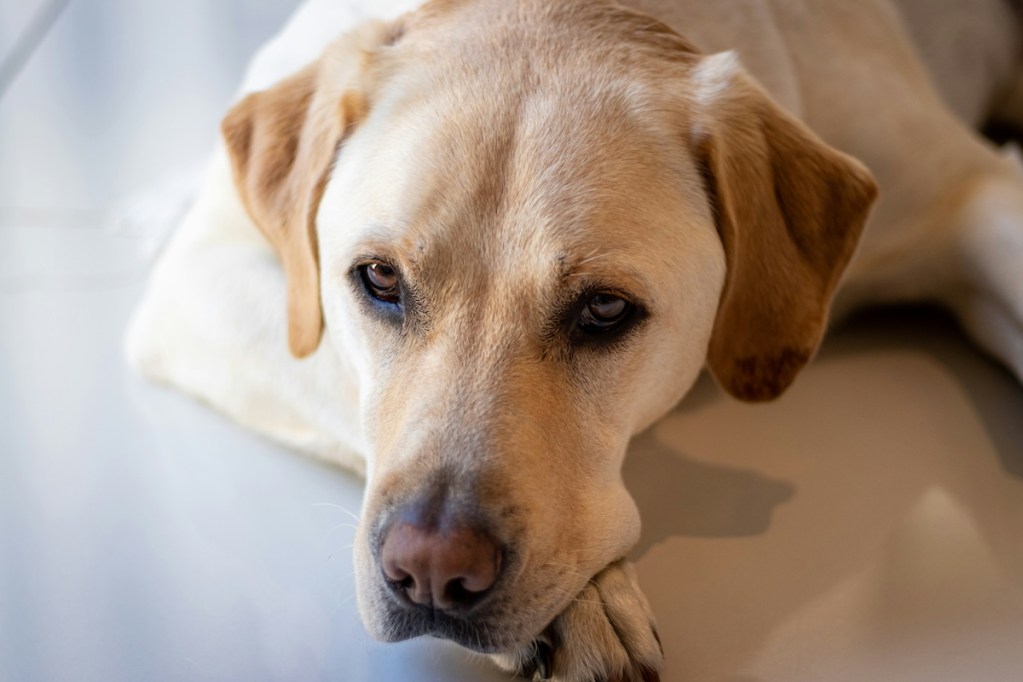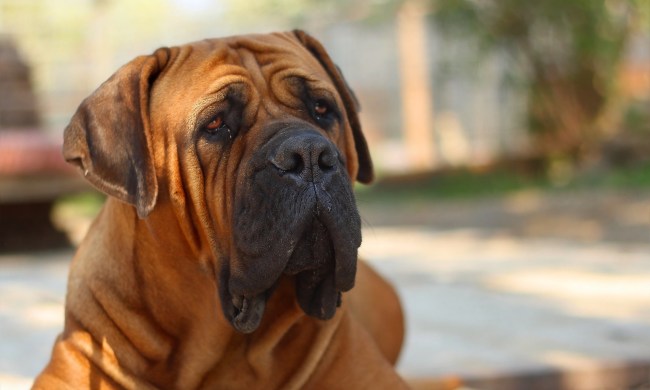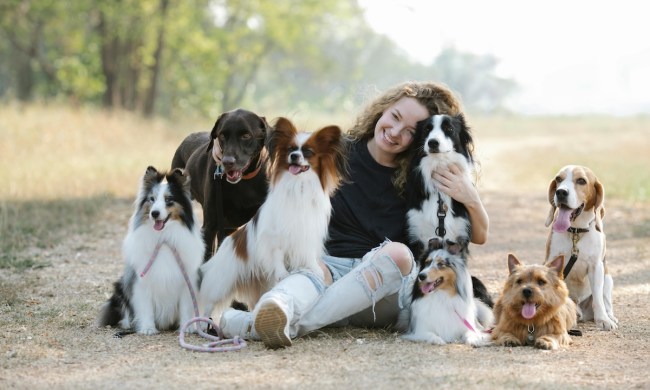Owning a dog can be a fulfilling experience, but it also requires time, effort, and commitment. If you’re leading a busy life, struggle with mobility issues, or prefer a more laid-back approach to being a dog parent, you can’t adopt just any dog. However, low-maintenance dogs can be the perfect companions for those with different schedules or abilities.
These dogs offer all the love and affection without the fuss and extensive care requirements–for the most part! Adopting any dog requires consistent care and lots of patience, but let’s talk about what makes a furry friend low-maintenance. Then, we’ll introduce you to the top breeds of low-maintenance pups that will steal your heart.
What are low-maintenance dogs?

When it comes to choosing a dog, different breeds have varying needs and characteristics. Some breeds demand constant attention, regular grooming, and extensive exercise, while others are more independent and require minimal care. Low-maintenance canines fall into the latter category. They’re generally independent, adaptable, and easygoing, making them suitable for busy individuals, seniors, or those who prefer a more relaxed pet ownership experience.
Top breeds of low-maintenance dogs

The following are low-maintenance dog breeds, meaning their grooming requirements are typically only an occasional coat brushing session. While their exercise needs are typically minimal, even these easygoing, low-maintenance dogs should have walks daily and should have indoor playtime to keep them mentally engaged and prevent health issues like weight gain.
- Labrador retriever: A friendly, outgoing, and intelligent dog breed
- Chihuahua: Known for their lively, alert, and adaptable nature
- Basset hound: Gentle, easygoing, and affectionate temperament, but requires regular ear cleaning
- Cavalier King Charles spaniel: Known for their friendly, affectionate, and adaptable temperament
- French bulldog: Easygoing, affectionate, and adaptable
- Boston terrier: Friendly, intelligent, and adaptable temperament
- Pug: Charming, mischievous, and adaptable temperament, but their adorable facial wrinkles do require regular cleaning
- Bullmastiffs: Gentle, loyal, and protective
- Dachshunds: Curious, lively, and independent temperament
- Greyhounds: Gentle, quiet, and independent nature
- Basenji: Intelligent, independent, and energetic
- Shiba Inu: Alert, bold, and independent — they have moderate grooming needs, but higher exercise requirements meet their physical and mental stimulation needs
Tips for taking care of low-maintenance dogs

While low-maintenance dogs require less overall work, it’s still important to provide them with proper care to ensure their well-being and happiness. Here are some tips for taking care of low-maintenance pups:
- Regular exercise: Although they may require less exercise than other breeds, daily exercise is still essential to keep them physically and mentally stimulated.
- Proper nutrition: Feed your low-maintenance dog a balanced diet tailored to their specific needs and consult with a veterinarian to ensure they receive the necessary nutrients for optimal health.
- Regular grooming: While low-maintenance dogs may not require extensive grooming, regular brushing and occasional baths are still important to keep their coats healthy and free from matting or debris.
- Socialization and training: Even though low-maintenance dogs are generally easygoing, it’s crucial to socialize them from a young age and provide basic training to ensure they develop good manners and behaviors.
- Regular vet check-ups: Of course, just like any other dog, low-maintenance breeds absolutely need regular veterinary care. This includes vaccinations, preventive treatments for fleas and ticks, and routine checkups to detect any potential health issues as early as possible to ensure prompt treatment.
Are rescue dogs low maintenance?

Many potential adopters visit animal shelters to find a low-maintenance dog for their home, but what they’re looking for may not be possible with any rescue dog — at first. Although many adopted pups end up as low-maintenance, chill couch potatoes, all rescue dogs need a few months of patience, love, and encouragement before their true colors begin to shine through. And even then, it’s possible you’ll need to invest in some training and enriching activities for your pup before you see that low-maintenance relationship you’re looking for.
Low-maintenance dog breeds offer a fantastic option if you’re looking for a canine companion without the added fuss and extensive care requirements. The top breeds are known for their easygoing nature, minimal grooming needs, and moderate exercise requirements. These furry friends can bring immense joy and love into your life while fitting seamlessly into your lifestyle.




